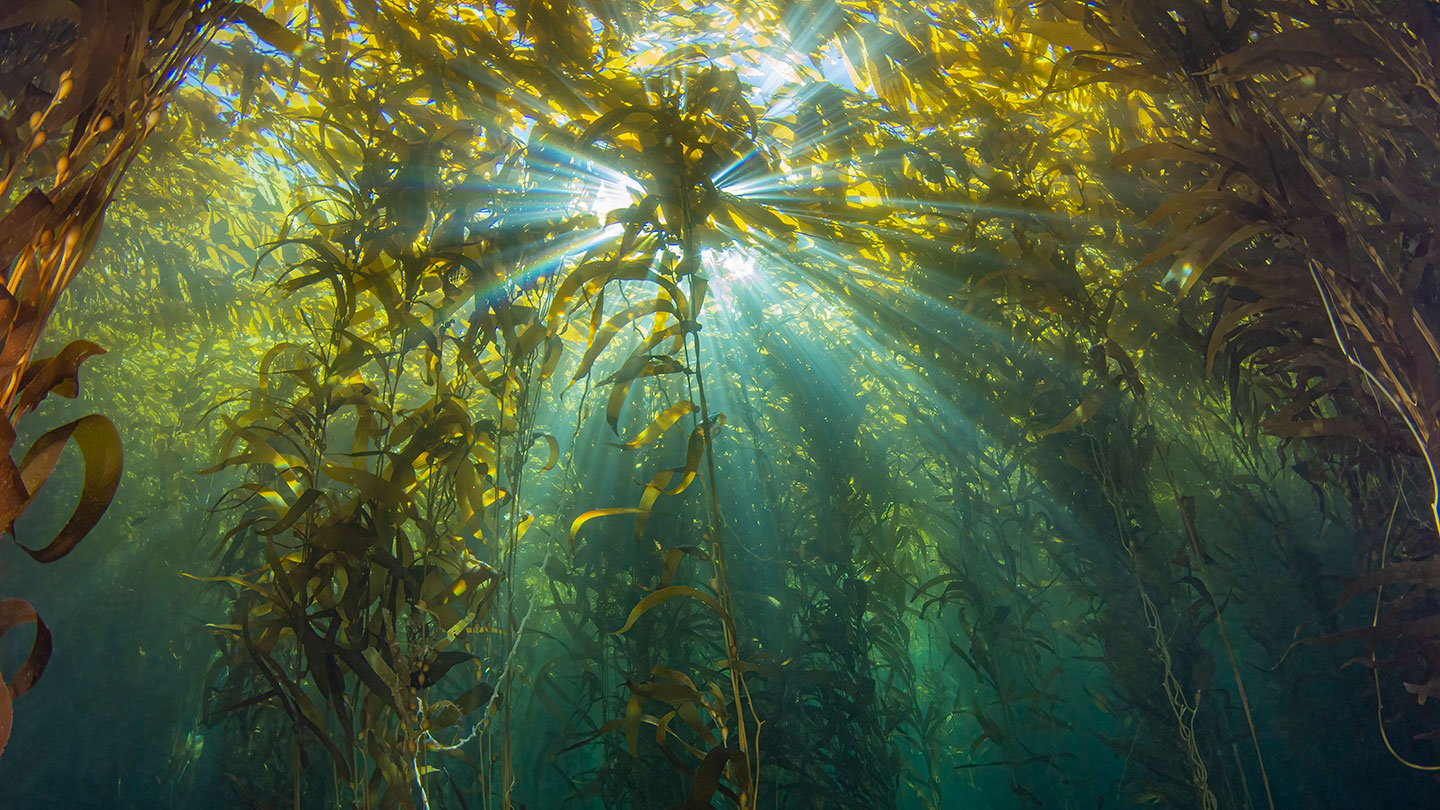- Home
- About Us
- High School
- Qualifications
- Marine Habitat Conservation and Restoration
- Cert II in Marine Habitat Conservation & Restoration
- Cert III in Marine Habitat Conservation & Restoration
- Cert IV in Marine Habitat Conservation & Restoration
- Diploma in Marine Habitat Conservation & Restoration
- Dual – Certificate III in Marine and Conservation & Ecosystem Management
- Dual – Certificate IV in Marine and Conservation & Ecosystem Management
- Dual – Diploma of Marine and Conservation & Ecosystem Management
- Cert II in Aquaculture
- Cert II In Sampling & Measurement
- Cert III In Aquaculture
- Cert IV in Outdoor Leadership
- Conservation and Ecosystem Management
- Business, Innovation and Sustainability
- Diploma of Sustainable Operations
- Cert IV in Business
- Cert IV in Entrepreneurship & New Business
- Diploma of Leadership and Management
- Diploma of Project Management
- Cert II in Skills for Work & Vocational Pathways
- Cert III in Information Technology
- Cert IV in Business (Sustainability) & Entrepreneurship and New Business
- Diploma of Leadership and Management & Project Management
- Culinary, Hospitality and Events Management
- Blue VET Training Programme for Teachers
- Marine Habitat Conservation and Restoration
- Fees, Fundings & Loans
- Students
- Agents
- News and Promotions
- Contact Us

Dual – Diploma of Marine Habitat Conservation & Restoration and Diploma of Conservation & Ecosystem Management
- 58 Weeks
- 24 Course Units
- 15 Skill Sets
The Dual Qualification is an advanced program designed to equip individuals with the expertise to restore critical marine habitats, manage pollution, and implement sustainability initiatives while addressing land and ecosystem conservation.
Course Overview
The Dual Qualification is an advanced program designed to equip individuals with the expertise to restore critical marine habitats, manage pollution, and implement sustainability initiatives while addressing land and ecosystem conservation. Integrating marine and terrestrial ecosystem management, the course covers Indigenous land stewardship, biodiversity conservation, wildlife protection, and pollution mitigation.
Students will develop the technical skills to lead impactful projects, solve complex environmental challenges, and engage communities in sustainable conservation efforts, preparing them for leadership roles in marine and terrestrial ecosystem restoration.
Globally, these dual certifications in Conservation & Ecosystem Management and Marine Habitat Conservation & Restoration accreditations highlights and strengthen Australia’s commitment to, and support of several UN Sustainable Development Goals, namely:
• Goal 4: Ensure equal access to quality education
• Goal 8: Promote sustainable employment opportunities
• Goal 13: Take action to combat climate change and its impacts
• Goal 14: Sustainably use the oceans and marine resources
Qualification Outcomes
This course provides students with the skills and knowledge to
take on leadership and specialist roles in environmental
conservation, ecosystem management, and marine habitat
restoration. These combined programs prepare individuals
to:
- Design and Implement Conservation Projects: Plan initiatives to restore and protect coastal and marine ecosystems, addressing critical environmental challenges.
- Conduct Habitat and Biodiversity Assessments: Evaluate the health of ecosystems using advanced tools and techniques to monitor species, water quality, and habitat conditions.
- Utilise Traditional and Modern Practices: Integrate Indigenous ecological knowledge with contemporary scientific methods to create sustainable and culturally aligned management strategies.
- Lead Teams and Supervise Work: Manage and guide conservation and restoration teams, ensuring safety, efficiency, and compliance with environmental standards.
- Mitigate Environmental Threats: Address issues like marine pollution, invasive species, and land degradation through innovative solutions.
- Support Sustainable Development: Contribute to the creation of sustainable practices that balance ecological preservation with economic and community needs.
Career Outcomes
- Marine Environmental Project Manager
- Marine Pollution Response Coordinator
- Coastal Ecosystem Restoration Specialist
- Marine Spatial Planning Consultant
- Marine Research Specialist
- Hatchery and Aquaculture Manager
- Sustainability and Carbon Management Specialist
- Community Engagement Coordinator
- Marine Mammal Rehabilitation Leader
- Trainer or Educator in Marine Conservation
- Ecosystem Restoration Specialists
- Park Ranger or Parks and Wildlife Manager
- Indigenous Land and Sea Management Officer
- Conservation Project Manager
- Environmental Consultant
- Natural Resource Manager
Industry Employment Sectors
- Government agencies managing parks and conservation zones
- Environmental consulting firms
- NGOs focused on marine biodiversity and restoration
- Research institution conducting marine ecological studies
- Eco-tourism companies promoting sustainable interaction with marine habitats
Vocational Industry Placement (VIP)
Mandatory Vocational Placement program designed to enrich students’ educational experience through practical, real-world engagement.
- 40 weeks and requiring a commitment of 16 hours per week (Face-to-Face or online or combination of both)
- This program pairs students with an Industry Vocational Placement Host providing an invaluable opportunity to apply theoretical knowledge in a professional setting.
- Students have the flexibility to bring their own Vocational Placement Host (possible employers), allowing for a personalised experience that aligns with their career aspirations and interests.
The primary objectives of this placement are skills development, networking, and enhanced employability. Through hands-on experience, students will refine their professional skills, build meaningful industry connections, and significantly boost their job readiness, giving them a competitive edge in the job market.
Some of our partner organisations include:

11087NAT Diploma of Marine Habitat Conservation and Restoration Units
NAT11087001 Manage information about a coastal marine project
NAT11087002 Design, present and execute a marine environmental conservation project
NAT11087003 Design, present and execute a marine environmental restoration project
NAT11087004 Design and manage biodiversity enhancement of coastal structures
NAT11087005 Use tools to carry out advanced tasks in marine conservation work
NAT11087006 Plan and execute a benthic marine assessment
AHCWHS501 Manage workplace health and safety processes
NAT11087009 Process and analyse data of an environmental assessment project
NAT11087010 Use drones for coastal monitoring
NAT11087022 Plan and execute a coral nursery
NAT11087023 Plan and execute a coral transplantation project
NAT11087037 Measure, analyse and report the carbon footprint of a project
NAT11087038 Measure, analyse and report the carbon offset created by an environmental Conservation or restoration project
NAT11087039 Plan steps to reduce the carbon footprint of a project
Shared units
NAT11087007 Manage information about a marine environmental assessment
NAT11087008 Conduct a coastal resource assessment
AHCOCM303 Follow Aboriginal and/or Torres Strait Islander cultural protocols
AHCCSW501* Survey and report on Aboriginal and/or Torres Strait Islander cultural sites
AHCECR502 Conduct biological surveys
AHCECR504 Manage implementation of an ecological restoration programs
AHCNRM509 Develop a coastal rehabilitation strategy
AHCNRM510 Develop water quality monitoring program
AHC501120 Diploma of Conservation and Ecosystem Management Units
AHCECR503 Design an ecological restoration project
AHCOCM504 Develop strategies for on Country Management
2024
Start Date | End Date |
| January 5, 2024 | February 14, 2025 |
| February 9, 2024 | March 21, 2025 |
| March 15, 2024 | April 25, 2025 |
| April 5, 2024 | May 16, 2025 |
| May 10, 2024 | June 20, 2025 |
| June 14, 2024 | July 25, 2025 |
| July 5, 2024 | August 15, 2025 |
| August 9, 2024 | September 19, 2025 |
| September 13, 2024 | October 24, 2025 |
| October 4, 2024 | November 14, 2025 |
| November 8, 2024 | December 19, 2025 |
| December 13, 2024 | January 23, 2026 |
2025
Start Date | End Date |
| January 3, 2025 | February 13, 2026 |
| February 7, 2025 | March 20, 2026 |
| March 14, 2025 | April 24, 2026 |
| April 4, 2025 | May 15, 2026 |
| May 9, 2025 | June 19, 2026 |
| June 13, 2025 | July 24, 2026 |
| July 4, 2025 | August 14, 2026 |
| August 8, 2025 | September 18, 2026 |
| September 12, 2025 | October 23, 2026 |
| October 3, 2025 | November 13, 2026 |
| November 7, 2025 | December 18, 2026 |
| December 12, 2025 | January 22, 2027 |
NATIONAL CODE
11087NAT & AHC51120
CRICOS CODE
111629F & 113610A
ACCREDITED COURSE
AHC51120 Diploma Of Conservation & Ecosystem Management and 11087NAT Diploma of Marine Habitat Conservation & Restoration
Online Support
Do you have more questions?
Enrol now and be part of the team!
Contact us
2/54-56 Paradise Ave
Gold Coast Dive Centre building Miami, Queensland 4220
